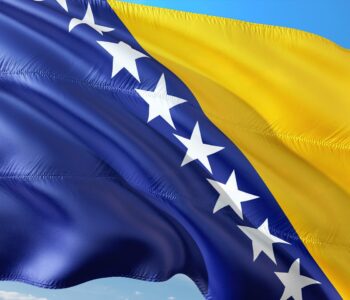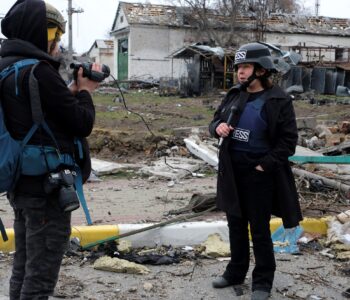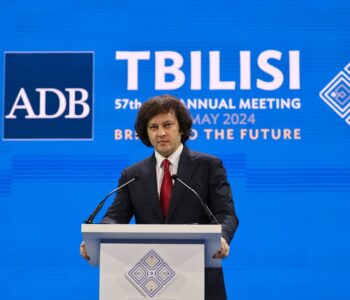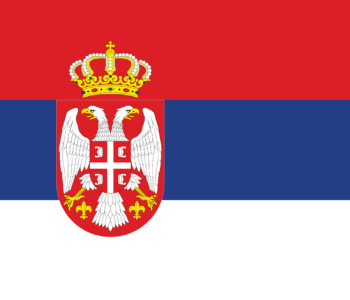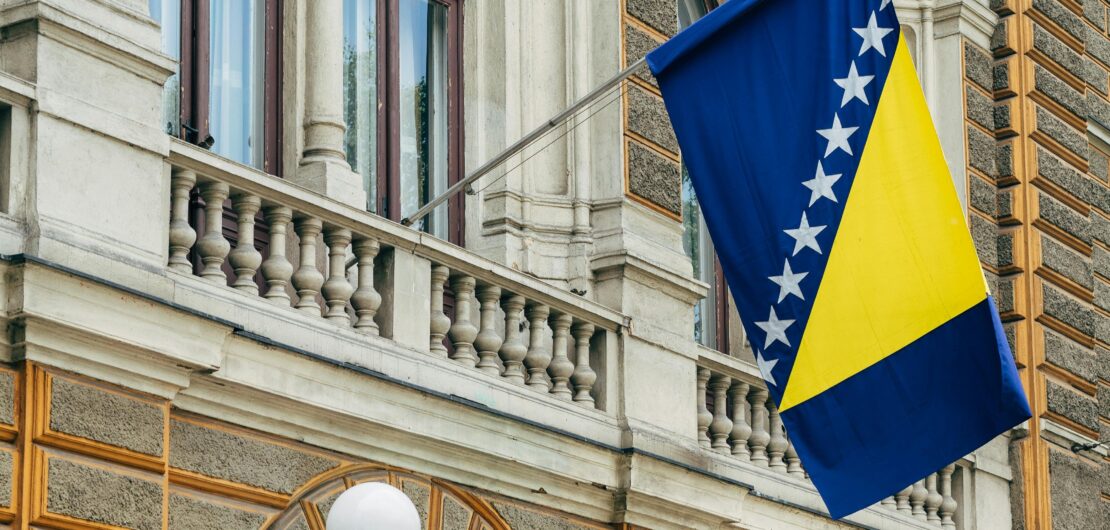 Library
Library
Urgent action needed to address the financial deadlock facing…
Urgent action needed to address the financial deadlock facing Radio-Television of Bosnia and Herzegovina
27 May 2024
Today the partners of the Media Freedom Rapid Response (MFRR) express concern at the critical financial situation facing Radio-Television of Bosnia and Herzegovina (BHRT).
Dear Mr. Denis Zvizdić, First Deputy of Chairman, House of Representatives of the Parliamentary Assembly of Bosnia and Herzegovina;
Dear Mr. Mladen Bošković, Vice President of the House of Representatives of the Parliament of the Federation of Bosnia and Herzegovina;
Dear Mr. Elmedin Konaković, Minister of Foreign Affairs of Bosnia and Herzegovina;
Dear Mr. Edin Forto, Minister of Communications and Transport of Bosnia and Herzegovina;
Dear Mr. Nermin Nikšić, Prime Minister of the Federation of Bosnia and Herzegovina;
Dear Mr. Radovan Višković, President of the Government of Republika Srpska;
We would like to urgently bring to your attention the critical financial situation facing Radio-Television of Bosnia and Herzegovina. This is a direct result of the failure to implement the law on the Public Broadcasting System of Bosnia and Herzegovina, leaving the broadcasters in perpetual conflict and in a dire financial situation. The long-standing financial dispute between the National Public Broadcaster (BHRT) and the Federation Public Broadcaster of Bosnia and Herzegovina (FTV) is leading to an unprecedented media blackout ordered by the BHRT management and creating dramatic working conditions.
The financial situation of Radio-Television of Bosnia and Herzegovina is very serious and this broadcaster risks being shut down if there is no agreement on how to distribute the RTV tax. Unfortunately, we still have no information on if and when this issue will be resolved. In Republika Srpska, Radio Television of Republika Srpska (RTRS) is collecting the monthly licence fee through JP Pošta RS and illegally since 2017 RTRS has not transferred more than 80 million BAM (40 million EUR ) that BHRT should have received. This is also contributing to the dire financial situation of BHRT.
As a result of the financial impasse, most FTV programmes were replaced by a test signal at 6 am on 8 May. The signal to FTV was reactivated a day later following the order of the Municipal Court in Sarajevo, which threatened BHRT with a fine. The situation keeps worsening and as of 27 May 2024, BHRT will cancel fifteen programmes, while others will be shortened.
On 28 May 2024, it will be 50 days since the last time public service employees in Bosnia and Herzegovina received their last salary. Otherwise, more than 60 per cent of the 750 employees have a salary of less than 400 euros, which is not enough to live on. If salaries and arrears to employees are not paid by 1 June 2024, the continuation of broadcasting will be put in jeopardy, including events of high public interest that only the public service of Bosnia and Herzegovina can cover.
As the Independent Union of Workers of BHRT has exhausted all means of negotiation, it will hold a warning protest on 28 May, announcing the next steps prescribed by law: a warning strike and a general strike.
We would like to recall that sustainable financing of public services is a prerequisite for the country’s accession to the European Union, in line with the newly adopted European Media Freedom Act. The problematic situation in which the workers find themselves is the result of the inaction of the current and previous political authorities, which have failed to ensure stable funding and functioning of the Public Broadcasting Service of Bosnia and Herzegovina and to implement the existing law.
We reiterate our appeal to the authorities to support the BHRT journalists and employees, and to find a sustainable solution to ensure that public broadcasters receive sufficient funding to operate normally and not undermine citizens’ right to freedom of information. It is the responsibility of the state to ensure the implementation of a legal framework that protects the independence of the media and safeguards their public service mission.
Thank you for your attention to this important matter. We remain at your disposal for any further information.
This statement was coordinated by the Media Freedom Rapid Response (MFRR), a Europe-wide mechanism which tracks, monitors and responds to violations of press and media freedom in EU Member States and Candidate Countries.





